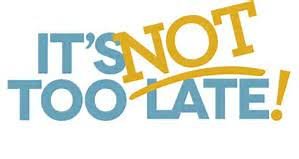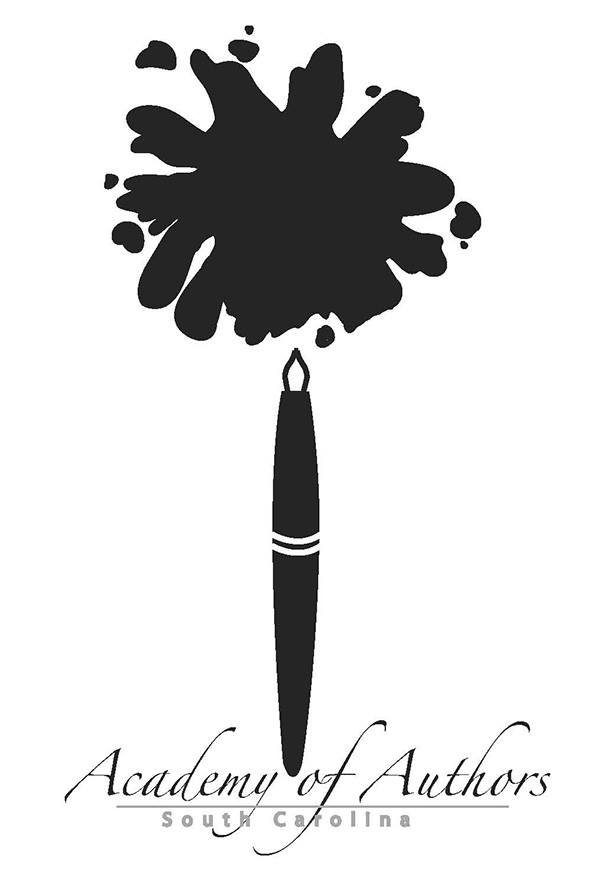May 19th 2:30 pm Richland Library
The Jasper Project is delighted to announce the winners of our Fall Lines Volume X poetry and prose prizes, our newest prize for a South Carolina writer of color, and the date of the Fall Lines Volume X book launch and reading.
Please join Jasper on Sunday May 19th at 2:30 pm in the auditorium of Richland Library as we welcome the 10th volume of Fall Lines – a literary convergence to the world. Previously announced accepted contributors are invited to read from their published work and copies of Fall Lines will be available for further distribution throughout the state. Contributors and guests are invited to attend.
Congratulations to the following prize winners.
Alyssa Stewart, winner of the Combahee River Prize for a SC Writer of Color for her poem “a black boy dreams of water” sponsored by the SC Academy of Authors.
Liz Newall, winner of the Broad River Prize for Prose for her short fiction “Red Hill Fans” sponsored by the Richland Library Friends and Foundation.
Brian Slusher, winner of the Saluda River Prize for Poetry for his poem “Improv 101” also sponsored by the Richland Library Friends and Foundation.
This year’s judges were Jennifer Bartell Boykin, poet laureate for the city of Columbia, SC (Combahee River Prize), Ed Madden, Fall Lines co-editor and former poet laureate for the city of Columbia SC (Saluda River Prize), and Cindi Boiter, co-editor of Fall Lines and Jasper Magazine (Broad River Prize).
In writing about “a black boy dreams of water” by Alyssa Stewart, Boykin says, “It is not a coincidence that the winner of the Combahee River Prize is a poem overflowing with water. Water can be healing. Water can be dangerous. But what is water to a Black boy? What is the role of water in the Black psyche? In “a black boy dreams of water” Alyssa Stewart explores these questions and more. She pens a well-crafted poem in which the Black boy experiences water in a pool, in a pond, a river, a broken fire hydrant and infuses them with memories of the Atlantic Ocean and the Middle Passage. Boykin continues, “There is joy in the water that ‘has the power / to make his auntie’s hair curl’ and danger in water that can ‘turn hardened men into narcs.’ This poem deals with the legacy of water and Blackness, the not knowing how to swim (‘we do not go in’) and water as a path to freedom. It’s a call and response that beckons us to dream with this Black boy and to dream of/in water.”
Ed Madden, who is the Jasper Project’s literary editor, having selected poetry contributors to Fall Lines since our begging, writes about adjudicating the Saluda River Prize for Poetry. “While I love the meditative language of Randy Spencer’s "Reading Ann's Poem..." and the unemotional attention to the things we do in Worthy Evans’ "Blues Song...," and the humor of Debra Daniel’s "Studies in Reproduction"—all that to say this is a tough decision—I decided on Brian Slusher’s "Improv 101" as the winner of the Saluda River Prize for Poetry this year. While there is so much to love in all of the finalist poems, this poem has such a playfulness that almost-but-not-quite distracts from its serious lessons, every instruction for improv comedy also resonating with so many other possibilities. Say yes and.... Why don't we just let it go?” Madden continues, “The wild pacing of the poem suggests the wild pacing of improv--as if to suggest that poetry itself is a kind of improvisation. (And isn't it?) And that last double simile is so so delightful.”
For Boiter, it was an honor, though also a challenge, to read and adjudicate this volume’s prose submissions. “As a prose and creative non-fiction writer myself, I find that I always learn something from reading the widely varied contributions to Fall Lines. In Suzanne Kamata’s ‘Community Building,’ for example, I vicariously learned about the awkward enthusiasm of actively participating in a culture foreign to one’s own. As a person who had once felt so out of touch with the portion of my peer group that valued conformity, Evelyn Berry’s “The Home Party” reminded me of the darker days of my early thirties and the frustration and shame of trying to fit in among people for whom I had no admiration and little respect. I think many readers will commiserate with the satisfying sense of personal growth I felt, and Berry’s main character begins to feel, at having extracted oneself from the kind of dangerous women Berry writes about and ensconced oneself in a community of forward-thinking artists and progressives. But it was in Liz Newall’s ‘Red Hill Fans’ that I was most carried away by the storytelling and the plot twists that have always inspired me both as a writer and a reader. For that reason, and more, I selected Newell’s ‘Red Hill Fans’ as the winner of the Broad River Prize for Prose.”
The Jasper Project wants to thank Richland Library, Lee Snelgrove, One Columbia for Arts and Culture, Xavier Blake, the South Carolina Academy of Authors, Wilmot Irving, Mary Beth Evans, Ed Madden, and Jennifer Bartell Boykin.
Congratulations to Liz Newell, Alyssa Stewart, Brian Slusher, and all the accepted contributors to this historic issue of Fall Lines – a literary convergence.
Mark your calendars!
Sunday May 19th 2:30 pm
Richland Library
1431 Assembly Street, Columbia, SC










